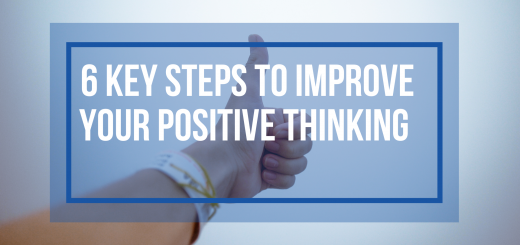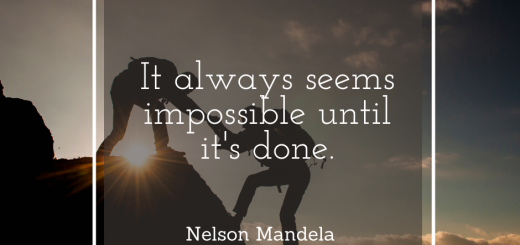What Does Self-Acceptance Mean

Self-acceptance is an important part of life and maturing. It’s hard to get very far in life without accepting yourself for who you are. It’s so easy to excuse bad behaviors and weaknesses, talking up your strengths to try to hide the weaknesses.
In order to grow and mature, you need to accept your strengths and weaknesses; after all, how can you expect to work on and strengthen your weaknesses if you don’t know what they are or deny their existence. In this article, we’ll walk you through the complex meaning and psychological and physical benefits of self-acceptance, as well as some pointers for your path to self-acceptance.
The definition of self-acceptance
 There are several parts to the meaning of self-acceptance as it is a journey to a better state of being. In her 1979 article on self-acceptance, Lorrie Shepard states that self-acceptance is the level of happiness and satisfaction you have with yourself, but there’s a little more to it than that (“Self-Acceptance: The Evaluative Component of the Self-Concept Construct”).
There are several parts to the meaning of self-acceptance as it is a journey to a better state of being. In her 1979 article on self-acceptance, Lorrie Shepard states that self-acceptance is the level of happiness and satisfaction you have with yourself, but there’s a little more to it than that (“Self-Acceptance: The Evaluative Component of the Self-Concept Construct”).
Self-acceptance also involves being aware of your weaknesses as well as your strengths and analyzing and appraising your skills, good qualities, and your self-worth and value. Ideally, your journey to self-acceptance will lead to an understanding of your value as a unique individual.
Psychological and physical benefits
Self-acceptance can offer you many psychological benefits and even some physical ones. First, achieving a state of self-acceptance can improve your mood and make your overall outlook on life more positive.
Accepting yourself can lead to increased self-awareness, an increase in self-esteem and feelings of self-worth, and an improved sense of independence. According to a study (Living well: a self-determination theory perspective on eudaimonia; Ryan, et al) conducted in 2008, increased self-acceptance and having positive relationships with others caused reduced levels of glycosylated hemoglobin in older women. A state of self-acceptance can also help decrease your stress and every day concern or anxiety as you are self-aware and happy with who you are as a person.
Qualities of self-acceptance
A person who has completed their journey to self-acceptance is aware of both their good and bad qualities, has high self-esteem, and has an overall positive self-attitude. A person who has accepted themselves owns their mistakes, faults, and shortcomings, rather than trying to cover it up with pointless excuses.
How to start your journey to self-acceptance
There are many different paths to self-acceptance that you can take. What works for some might not work for others. Below, we’ve listed a few ways in which you can start working on self-acceptance, but it’s important to note that these are not the only ways to work on your self-acceptance. Getting into these positive habits can help to improve your self-acceptance, helping to make you a better and more well-adjusted person.

Instate a time for personal reflection and/or meditation
The key to accepting yourself is taking time to examine and analyze yourself. Instating a regular habit of personal reflection or meditation can help you to better analyze your actions and choices, examine your good and bad qualities, and accept yourself for who you are. This time will also help you better identify when you’ve made a mistake or if you need to correct some behavior.
Forgive yourself and others
One of the hardest steps for most people along their journey to self-acceptance is that of forgiveness. It can be incredibly difficult to forgive yourself for your shortcomings and errors as well as forgiving others for theirs. Holding onto these errors can be detrimental to your overall mental health, however. While it’s important that you accept these mistakes, own them, and learn from them, it’s crucial that you forgive yourself and others for them, so you can move on.
Admit to your faults and shortcomings
An important thing to remember throughout your journey to better self-acceptance is that we all have faults and shortcomings as well as good qualities. You can’t learn to work around your weaknesses or work to strengthen them without knowing what they are or admitting to them.
Acknowledge and reward your strengths
While you need to admit to your faults and shortcomings, it’s equally important to acknowledge your strengths. Your strengths and skills are an important part of who you are; you are more than just your faults and weaknesses. Acknowledging and rewarding your strengths is crucial for you to understand and accept your worth as an individual.
Self-acceptance is a skill that can be difficult to master but can offer you virtually endless psychological benefits and even some physical benefits. Accepting yourself for who you are and being fully aware of your strengths and weaknesses makes you a better and more well-adjusted person overall.







